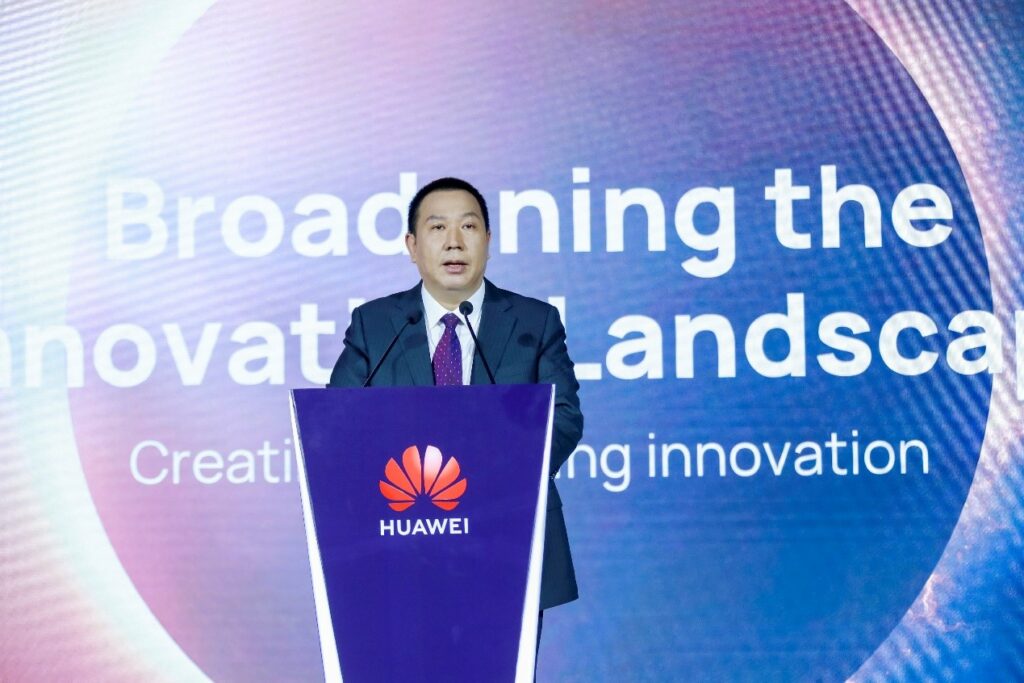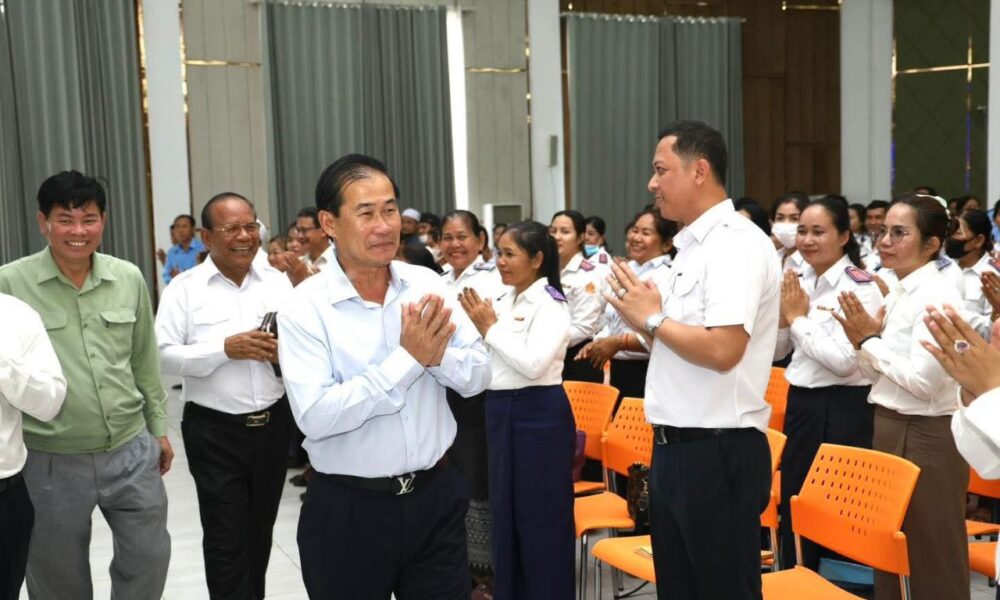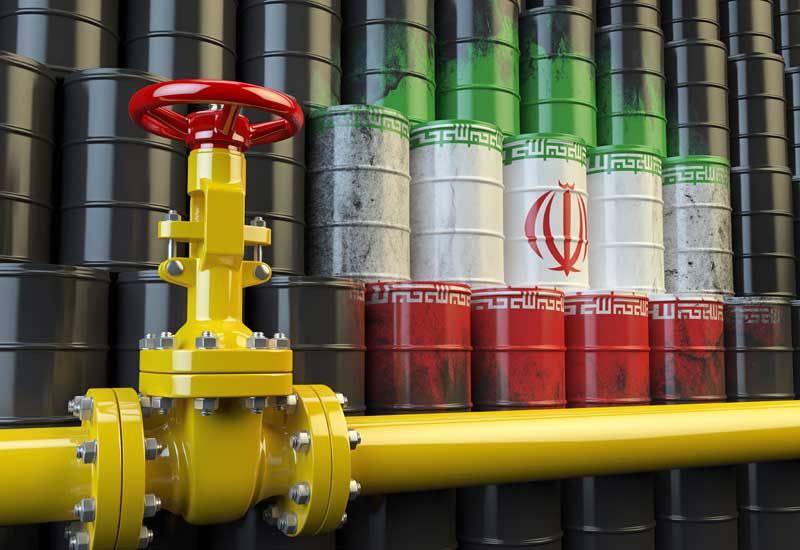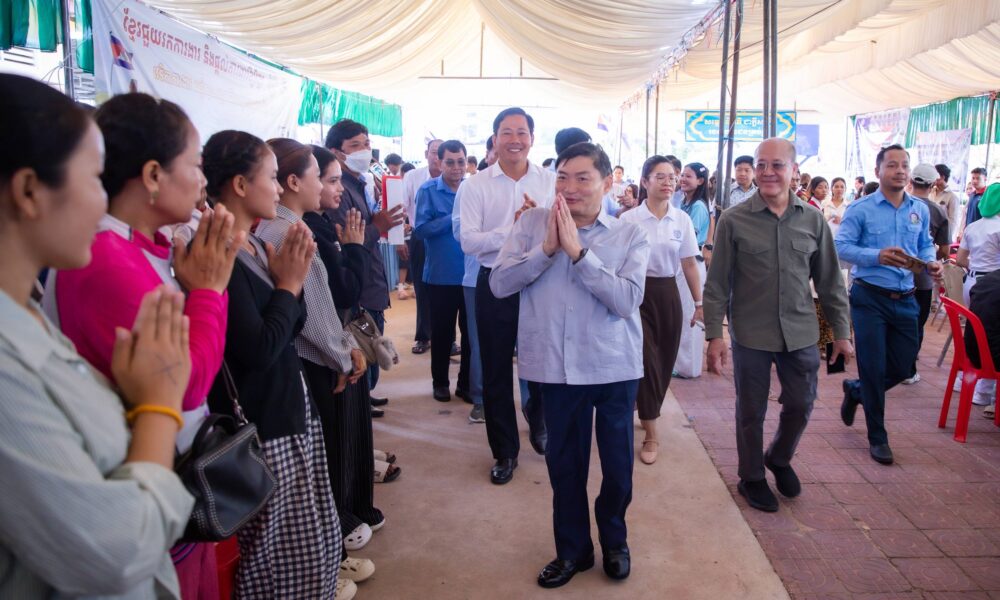[Shenzhen, China, June 8, 2022] Huawei announced a batch of key inventions as part of its biennial “Top Ten Inventions” Awards at the “Broadening the Innovation Landscape 2022” forum held at its Shenzhen headquarters.
The award is designed to recognize inventions that could create new series of products, become important commercial features of existing products, or that generate considerable value for the company and the industry.
The awarded inventions range from an adder neural network that significantly reduces power consumption and circuit area to a game-changing “optical iris” that provides a unique identifier for optical fibers. It is designed to help carriers manage their network resources, cutting time and costs associated with broadband deployment.
The announcement came in the context of intellectual property rights, the protection and sharing of which Huawei believes is critical to the tech ecosystem.

“Protecting IP is key to protecting innovation,” said Huawei’s Chief Legal Officer, Song Liuping. “We are eager to license our patents and technologies to share our innovations with the world. This will help broaden the innovation landscape, drive our industry forward, and advance technology for everyone,” he added.
“Huawei is constantly changing itself, and constantly showcasing to the world the value of IP from China,” said Tian Lipu, President of the International Association for the Protection of Intellectual Property’s China Chapter.
By the end of 2021, Huawei held more than 110,000 active patents across over 45,000 patent families. It has more granted patents than any other Chinese company, has filed the most patent applications with the EU Patent Office, and ranked fifth in terms of new patents granted in the United States. For five straight years, Huawei has ranked No. 1 worldwide in terms of Patent Cooperation Treaty applications.

Alan Fan, Head of Huawei’s IPR Department, said the value of Huawei patents has seen wide recognition in the industry, especially in mainstream standards such as cellular technology, Wi-Fi, and audio/video codecs.
“In the past five years, more than two billion smartphones have been licensed to Huawei’s 4G/5G patents. And for cars, about eight million connected vehicles licensed to Huawei patents are being delivered to the consumers every year,” Fan said.
Huawei is also working actively with patent license administration companies in offering “one-stop” licenses for mainstream standards.
“Over 260 companies—accounting for one billion devices—have obtained Huawei’s HEVC patent licenses through a patent pool,” Fan said. He added that the company is in discussions to establish a new patent pool to give the industry “quick access” to Huawei’s patents for Wi-Fi devices worldwide.
Huawei is also discussing joint licensing programs for 5G patents with licensing experts and other leading industry patentees.
Liu Hua, Director of World Intellectual Property Organization Office in China, praised Huawei’s sustained focus on innovation, saying: “We look forward to seeing Huawei continue to take part in high-level global competition with innovation at its core.”
For Manuel Desantes, former Vice President of European Patent Office, given the vast number of changes in the world these days, what matters most is no longer the number of registered patents or inventions. “The IP system should assure that the creations that merit protection are those that bring actual value,” he said.

This marked the third innovation and IP-themed event Huawei has hosted on its innovation practices. Every year, Huawei invests over 10% of its sales revenue into R&D.
In terms of R&D expenditure, Huawei ranked second in the 2021 EU Industrial R&D Investment Scoreboard. In 2021, the company increased its R&D investment to CNY142.7 billion, representing 22.4% of our total revenue. Over the past decade, Huawei’s total R&D investment surpassed CNY845 billion.




























